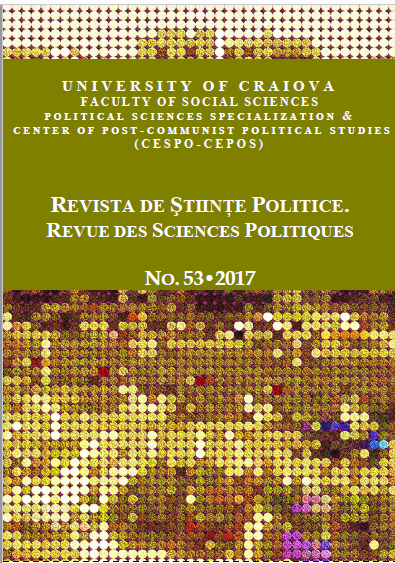The Contribution of the Romanian Constitutional Court to the Application and Development of the Law: Interpretive and Suppletive Jurisprudence
The Contribution of the Romanian Constitutional Court to the Application and Development of the Law: Interpretive and Suppletive Jurisprudence
Author(s): Alexandra Oanţă (Nacu)Subject(s): Constitutional Law
Published by: Editura Universitaria Craiova
Keywords: Constitutional Court; control; decision; exception of unconstitutionality; jurisprudence;
Summary/Abstract: Judicial practice of the Constitutional Court is particularly important from the point of view of law enforcement and development. This jurisprudence can be of two kinds: interpretive and suppletive jurisprudence. When certain constitutional or legal rules give rise to several interpretations, the court which performs control of constitutionality is trying to give a fair and uniform interpretation of these legal texts, in which case the interpretation becomes part of the norm (interpretative jurisprudence). The Constitutional Court of Romania has contributed to the clarification of the meaning of certain terms (public property, freedom of contract, discrimination, autonomy, etc.) and to the explanation and development of the principles of law. On the other hand, if the constitutional text is incomplete or ignores certain institutions which are absolutely necessary, it is judicially completed through court order (suppletive jurisprudence). For example, in this way, in Romania, even before there was a settlement of the constitutional review, the judgment of the Ilfov Court in the famous „trams affair” in 1912 resulted subsequently in filling, judicially, the Constitution of the 1866 with rules on the control of laws’ constitutionality. Another issue addressed in this article refers to the Constitutional Court's jurisprudence concerning the relationship national law Community/European law. In some cases, the Constitutional Court considered itself competent to analyse compliance of national law with the Community norms; in others, however, the Court interpreted Community law in order to be able to exercise the control of compliance. As methodology, the author has used comparative and interpretative method, aiming to achieve an overview of the jurisprudence of the Constitutional Court of Romania.
Journal: Revista de Științe Politice. Revue des Sciences Politiques
- Issue Year: 2017
- Issue No: 53
- Page Range: 112-124
- Page Count: 13
- Language: English

